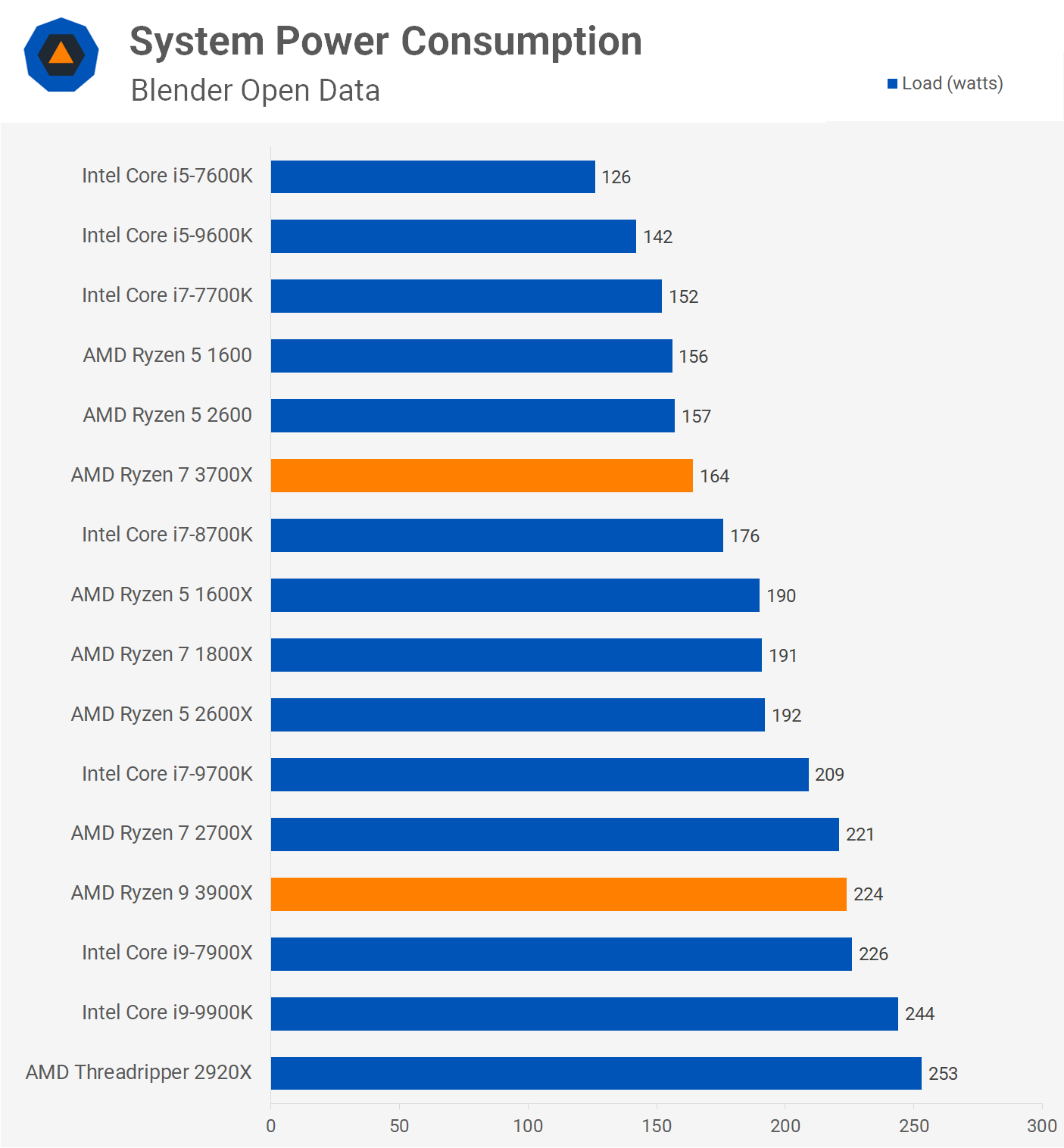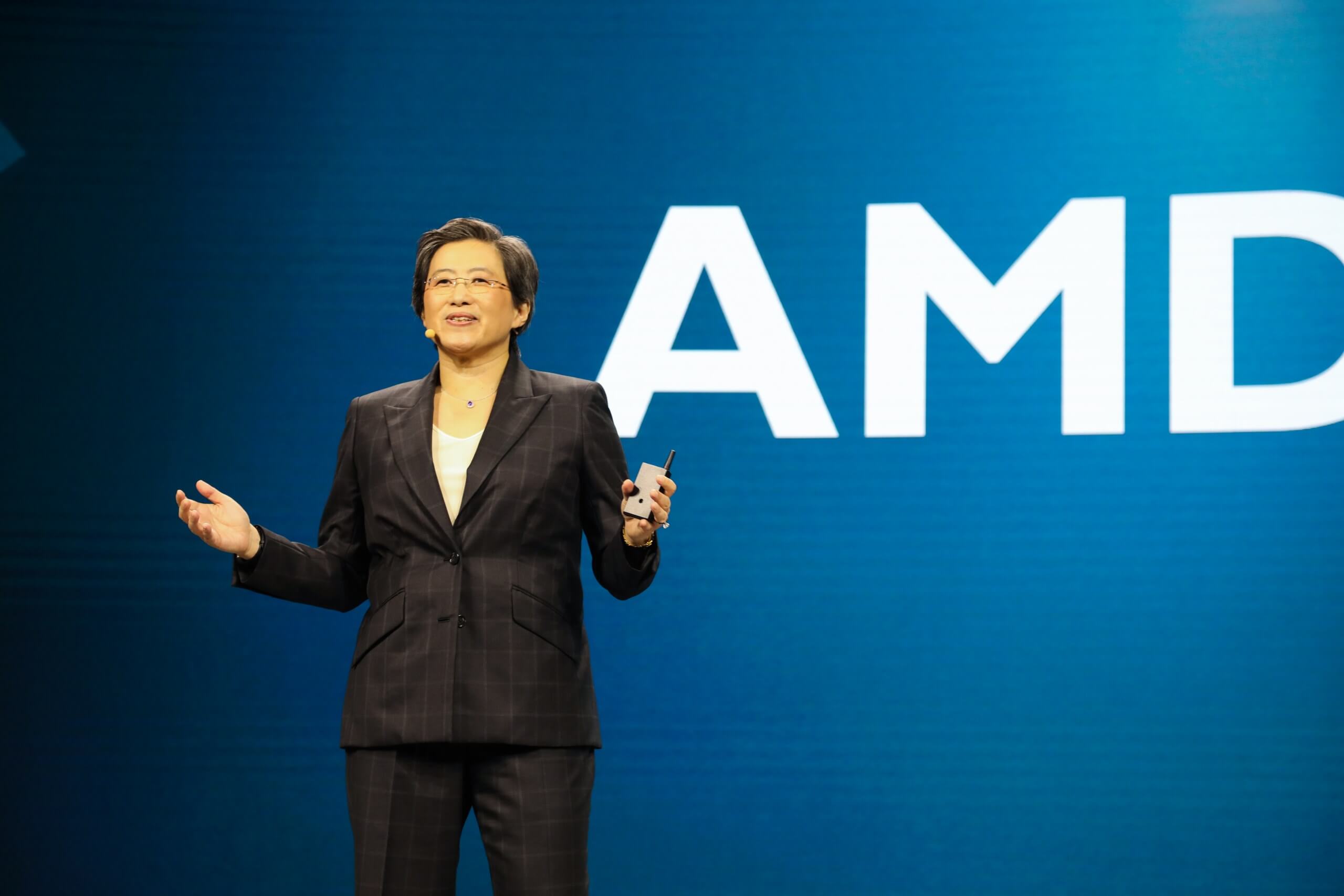Something to look forward to: AMD's upcoming Zen 2 Renoir APUs are now all but confirmed and will possibly appear very soon in up to 8-core, 16-thread configurations to give Intel a run for its money. Through the combination of 3DMark online benchmark results, early listings, and social media leaks we have a decent idea about the shape of the lineup.
While Ryzen has plowed away Intel's market share in the desktop space, AMD still faces an uphill battle in the laptop side. Current Zen+ APUs provide decent competition for Intel's midrange mobile parts but AMD has little that can handle Intel on the wider ends of the performance spectrum. With Renoir, that could change.
Let's begin with something close to hard evidence: AMD, Acer, and HP have been testing at least four different 15W APUs on 3DMark, as one redditor found out. They have base clocks of 1.7 GHz, 1.8 GHz, 2 GHz and 2.4 GHz. Via a PCMark 10 results page we can see the 2 GHz model is an eight-core, eight-thread Ryzen 7 4700U, which could turbo up to 4.2 GHz.
While it's perhaps a little early to discuss performance, its score did beat out the 3700U by a tidy 18% and didn't have much problem overtaking Intel's Core i5 quad-core mobile parts. It couldn't quite match Intel's Core i7 hexa-core, though.

Following that news, a user posted on Chinese forums that AMD was preparing two eight-core, sixteen thread chips: the Ryzen 9 4900H and Ryzen 9 4800H. He says they could challenge Intel's octa-core i9-9980H, though that is a little bit optimistic. Using the names of the new processors Tom's Hardware discovered Renoir-based laptop listings on Irish retailer Elara's site.
Elara lists Asus laptops as containing the Ryzen 9 4800HS, Ryzen 5 4600HS and Ryzen 5 4600H. They're also meant to be in stock on December 31, and given that OEMs have been testing the chips, it seems likely they're close to actual release. AMD may be planning to announce them at CES 2020, which kicks off in early January.
In short, AMD has a slew of shinier APUs. TSMC's 7nm process and Zen 2 have already proven themselves to out-do Intel in power efficiency and application IPC (instructions per clock), and with the expected upgrade to eight cores, Renoir is showing a lot of promise.
